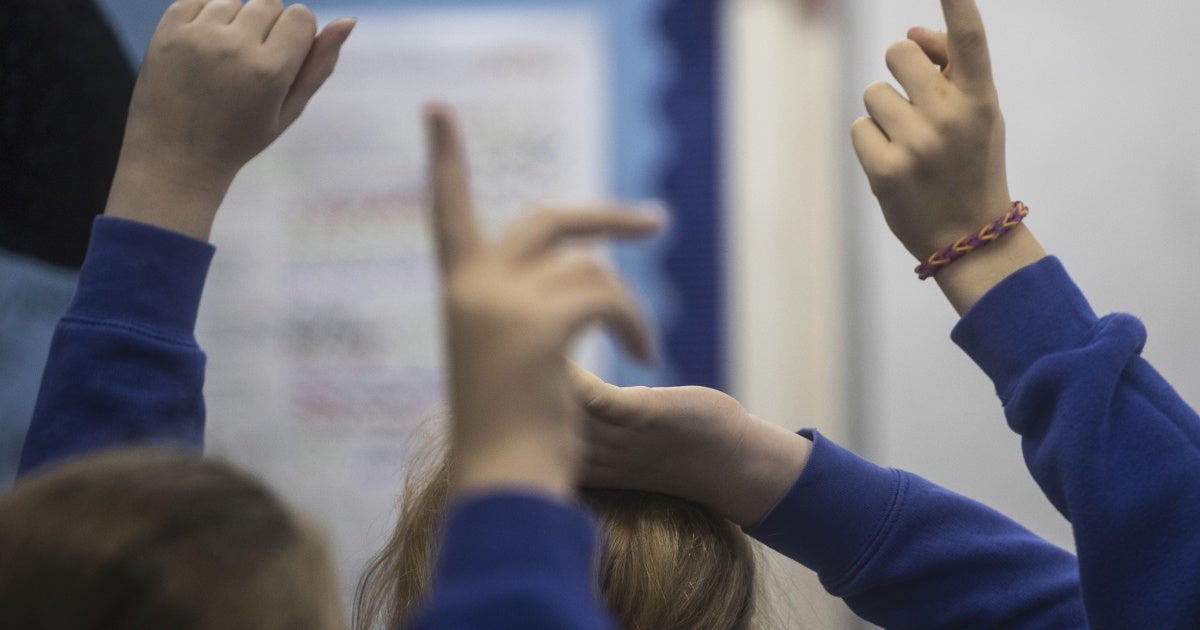Last week in Sevilla, Spain, governments gathered at the 4th International Conference on Financing for Development. Among key outcomes was the Compromiso de Sevilla, which received mixed feedback. It includes a pledge to “support adequate financing to ensure inclusive, equitable, and quality education for all.”
Just days before the conference, experts warned of declining national spending on education and significant cuts by donor governments to global education overseas assistance, including critical funding for humanitarian education responses.
The most recent global education data underscores the direct impact governments’ financing decisions have had on children’s lives: 272 million children and youth – 139 million boys and 133 million girls – are estimated to be out of primary and secondary school, with nearly 200 million out of secondary school globally. This represents an estimated increase of 21 million children out of school in 2023.
Yet even this stark figure understates the crisis. UNESCO’s Institute for Statistics and the Global Education Monitoring Report estimated 13 million children to be out of school in conflict-affected areas. Factoring in all children out of school due to armed conflict from Gaza to Sudan would bring the total out-of-school population closer to 285 million.
Global education exclusion rates are, in fact, higher: current global out of school estimates don’t count an additional 175 million unenrolled preschool-aged children, who are not benefiting from all-important early childhood education.
Chronic underfunding compounds many of the entrenched barriers and discrimination faced by millions of children. Without spending adequate resources, governments cannot deliver fully free public education, struggle to build and equip schools and provide quality learning materials, fail to attract and train qualified teachers, or adapt education systems to respond adequately to all emergencies.
All governments should honor their Seville pledges by taking real action.
Tackling the global education crisis requires governments to keenly protect public education budgets from regressive austerity measures and cuts, and allocate resources commensurate with their obligations to guarantee the right to education and commitment to create access to free, quality public education for all. They should meet internationally agreed education funding benchmarks to increase education spending to at least 4 to 6 percent of gross domestic product and/or at least 15 to 20 percent of total public expenditure.
Donor governments should especially recommit to funding education in line with overseas aid commitments and human rights obligations to provide international assistance and cooperation.
All governments should step up, not step away from their education funding commitments.




